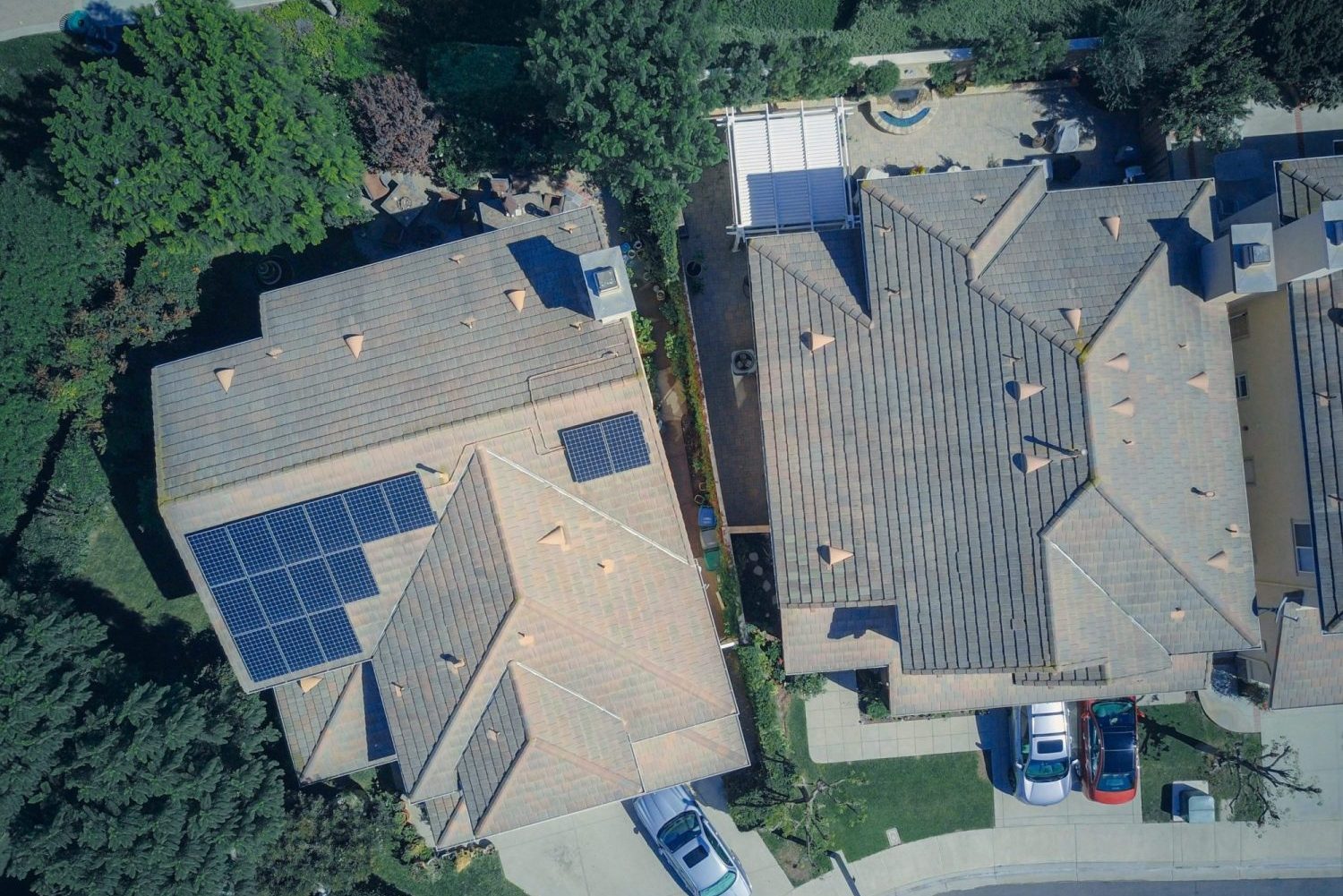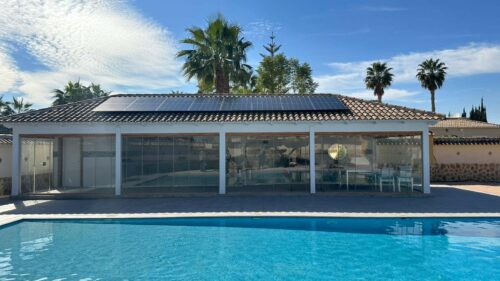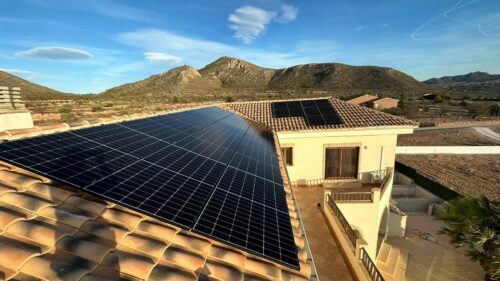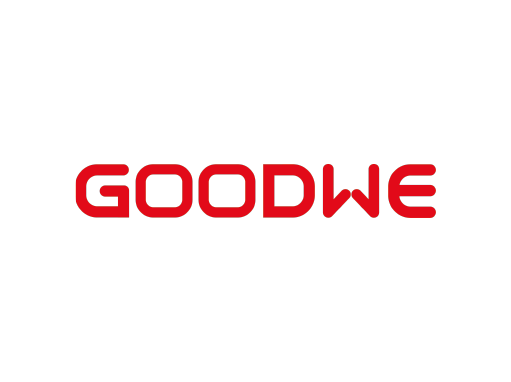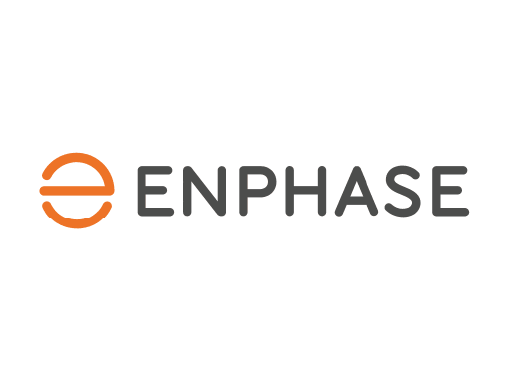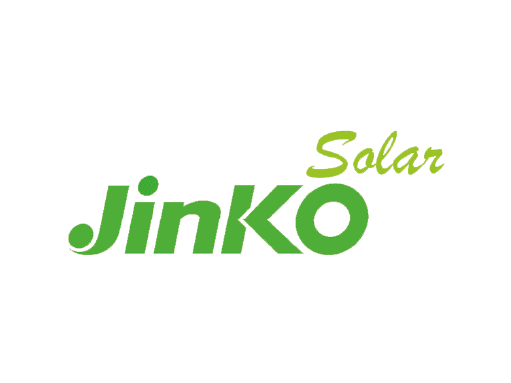The installation of solar panels has become the favorite alternative to reduce the electricity bill. Spain is the European country with the most hours of solar radiation. In fact, the Costa Blanca area collects more than 3,397 hours of sunlight per year. As a result, at the end of last year, Spain had more than 60,000 photovoltaic installations, reducing the price of its electricity bill by between 10 and 40% per home.
However, all of them have had to go through a series of procedures and licenses to carry out the installation of their solar panels. For this reason, today we bring you a guide to find out what are the requirements and the necessary documentation to be able to enjoy solar panels in your home.
The conditions of our house
In general, the installation of solar panels does not usually present difficulties, but on certain occasions the structure of the house can complicate its installation. Therefore, there are three factors that can determine the installation of the plates:
- The roof: It is important that the roof is resistant and in good condition to support the weight of the solar panels. In Spain, most of the panel’s production is generated by daylight and direct sunlight is not necessary. Also, it is important that it does not feature asbestos or asbestos as it is a hazardous material and was banned for use in 2002.
- Orientation: The ideal orientation for solar panels in Spain is to the south, since this direction receives the greatest amount of solar radiation throughout the day. If it is not possible to orient the solar panels to the south, a west or east orientation may also be suitable.
- Shade: It is important to consider any shadow that may fall on the solar panels during the day, as it can reduce the efficiency of the solar panels. If this is your case, don’t worry, we have Enphase and Solaredge inverters that have advanced technology that allows the solar panels to work individually, and therefore maintain efficiency.
In addition to these requirements, it is important to comply with all the regulations and permits necessary for the installation of solar panels in homes in Spain. Consulting with a professional is recommended to ensure that all local requirements and regulations are met.
The necessary documentation
When a photovoltaic installation is carried out in a home, it is necessary to obtain the necessary permits from the town hall and, in some specific cases, from the distribution company. This installation is considered an exterior reform and, therefore, it is mandatory to comply with the corresponding regulations:
- Installation system design
- Access and connection permission
- Building license and taxes (ICIO and urban tax)
- Prior administrative and construction authorization
- Environmental and public utility authorization
- Completion certificate
- Exploitation authorization (it is in industry, residential is not necessary)
- Initial inspection and periodic inspections
- Registration of the self-consumption installation in Industry
- Access contract for the self-consumption installation
- Energy supply contract for auxiliary services
- Surplus compensation contract
- Representation contract
Recently, the self-consumption regulation has been modified in order to simplify administrative procedures and reduce bureaucracy in the installation of self-consumption systems in homes. This regulatory improvement is expected to facilitate the process of obtaining the necessary permits for the installation of solar panels in homes.
In conclusion, installing solar panels in a home is an excellent option to take advantage of solar energy and save on the electricity bill in the long term. It is important to take into account the necessary requirements for its installation, such as the resistance and orientation of the roof, the location and shade, and the local permits and regulations.
If you have any questions, you can contact the Solar Costa Blanca team. We will help you delighted!



